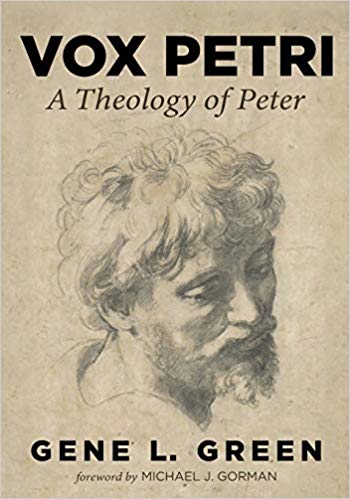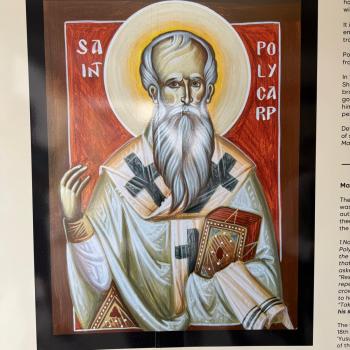BEN: You’ve also chosen to not really deal with the references to Peter in Paul’s letters, particularly Galatians and 1 Corinthians. How come?
GENE: I wanted to focus on those parts of the New Testament where Peter is the one who is speaking, the one who bears witness. Paul talks about Peter in Galatians and 1 Corinthians, and we may add his words about Peter as an additional witness to what Peter thought. My concern in Vox Petri was to follow what we could trace back directly to Peter as the speaker.
I’m pleased that you brought up Galatians especially. Peter really gets a bad rap in our reading of the conflict between him and Paul at Antioch. Paul’s concern is to make the case to the Galatian churches that his gospel is the real-deal. The fact that Peter, along with the other Pillars, gave him the right hand of fellowship and that Paul could challenge Peter when he was not acting in line with his own teaching underscores, on the one hand, that Paul taught the true gospel but, on the other hand, elevates the role Peter played as a foundational theologian in the early church. Peter is a creative theologian whose primacy is recognized throughout the New Testament. He’s the first to confess that Jesus is the Christ, he’s remembered as the first witness of the resurrection of Christ (1 Corinthians 15), he was the first leader of the early church, the first to open the gospel to the gentiles, and the first to affirm gentile inclusion in the church without cultural conversion. He was also the first to deny the Lord and be restored. I want to affirm with Cullmann that Peter stands at the beginning of Christian theology and that our understanding of the cross of Christ as a redemptive act and not simply a judicial travesty comes to us first through Peter.
GENE: Ben, could I ask you why you think we’ve neglected Peter’s voice in the church and scholarship? And, what might change in our understanding of Christian theology if we see it rooted in Jesus’ teaching and then handed off first to Peter and the other Pillars, John and James? Paul comes in later, and it appears that he received the Jesus story though Peter (Gal. 1:18). Would love to hear your thoughts on the implications of seeing Peter standing at the very headwaters of Christian theology.
BEN: I think one thing that might change in the scholarly world, is we would stop hearing that Jesus himself did not draw on the suffering servant material in his self-descriptions or discussions of his ministry. If in fact the historical Peter learned from the historical Jesus, and he emphasizes the Isaianic material as a way of reading the Christ event, then, this common line of approach to the historical Jesus is likely to be wrong, just as wrong as suggesting that the phrase ‘Son of Man’ is not grounded in Dan. 7 and perhaps the parables of Enoch but rather just means ‘a man like me’ or something along that line. I also think that rehabilitating the contribution of Peter might help further ecumenical discussions between Catholics and Protestants. Finally, I suspect that some of the distinctive emphases we hear in the speeches in Acts and in 1 Peter should jump start an appreciation of Peter as far more than a mere rustic running around the Empire trying to persuade people about Jesus, without any appreciable learning or understanding of the deep things of Christology and ecclesiology.













